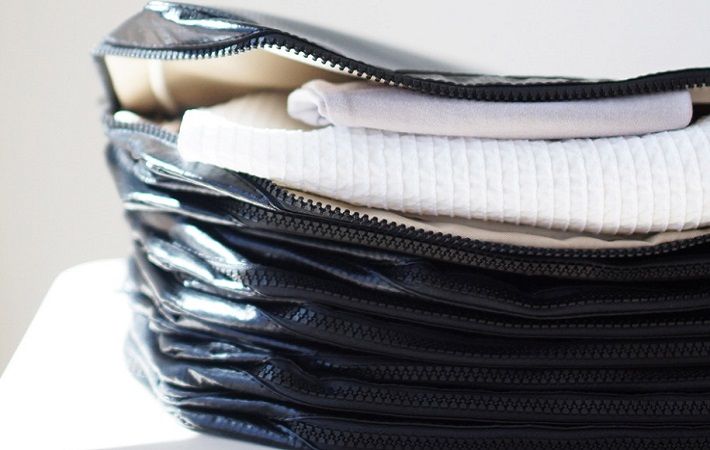
The findings published in the paper titled ‘The Rise of Reusable Packaging: Understanding the Impact and Mapping a Path to Scale’ demonstrate the clear impact case for reusable packaging, presenting in some instances, a reduction of more than 80 per cent in CO2 emissions, and 87 per cent less plastic waste, by weight, compared with a single-use alternative. The paper also sheds light on the number of variables that can drastically influence impact including transportation distances, return rates and the types of packaging used.
The growth of e-commerce in the fashion industry, already the largest e-commerce market segment, is accelerating, spurred on by the closure of brick-and-mortar stores due to the pandemic. As such, the demand for single-use packaging, and waste generation, is increasing. However, reusable options, which aim to transform packaging from single-use to multi-use assets, are being implemented as a sustainable alternative, said Fashion for Good in a press release.
“Reusable packaging is a key lever in closing the loop on plastics in the fashion industry. We hope the findings in this paper serve to convince the industry that circularity is achievable today and use this as a toolkit to map their path to scaling sustainable solutions,” said Katrin Ley, Fashion for Good.
Single-use packaging requires the extraction of virgin raw materials for their creation and generates vast quantities of waste; an estimated 15 million tonnes in Europe in 2018. Instead of being discarded after reaching the consumer, reusable packaging is returned and recirculated over many trips. In doing so, they overcome some of the issues of single-use packaging and have the potential to ease the environmental impacts of packaging in e-commerce.
With contributions from Fashion for Good Brand Partners Otto and Zalando, as well as reusable packaging innovators Limeloop, RePack and Returnity, the paper also highlights case studies and key considerations for scaling reusable packaging, the release said.
The paper was initiated by Fashion for Good as part of its broader initiative addressing the challenges of plastic packaging in the fashion industry.
Fibre2Fashion News Desk (KD)